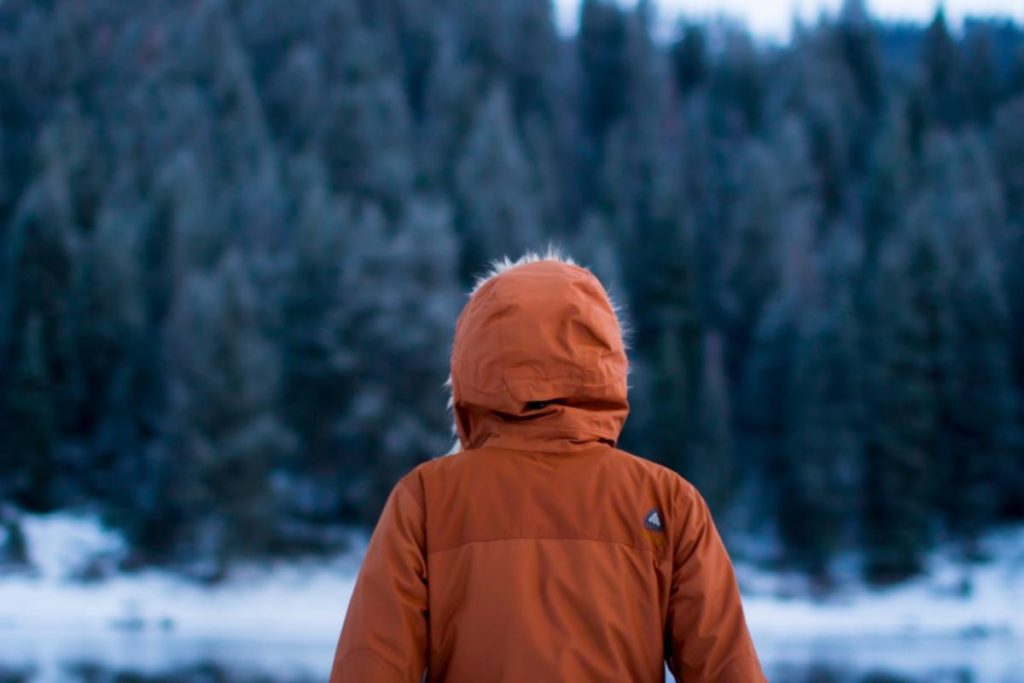
With winter now upon us, drops in temperature can make movement and travel difficult. While this may just be the result of not wanting to leave your warm and cozy house, for some people, they claim its because the colder weather causes them
Can Cold Weather Cause Cramps?
Yes, cold weather can contribute to muscle cramps in the winter for some individuals. When the body is contacted by freezing temperatures, the blood vessels in the body may constrict, reducing blood flow to muscles. This can lead to muscle stiffness and increased risk of cramps, especially during physical activity. Additionally, cold weather can cause muscles to tighten up and become more prone to cramping. It’s essential to stay warm and adequately hydrated to help prevent cramps in cold weather conditions.
What Is A Muscle Spasm?
Muscle spasms are sometimes also referred to as muscle cramps. They occur when a muscle forcibly contracts and is unable to relax. Muscle spasms are a common occurrence and may involve a single muscle, or an entire muscle group. Typically, muscle spasms will occur in the following areas:
- Abdomens
- Arms
- Calves
- Foot Arches
- Thighs
How The Cold Affects You Muscles
As the weather gets colder, this causes the muscles in your body to lose heat, leading them to contract. As a result, your muscles and joints get tighter and decrease your range of motion. To compensate for this, your muscles are forced to work harder than they normally would in milder weather. This can increase the fatigue of your muscles, leading to longer periods of pain and discomfort after a workout or any type of movement than you would normally feel in warmer temperatures.
Cold Cramps With The Weather And Muscles Spasms
For the reasons mentioned above, colder weather can lead to increased amounts of muscle spasms. One of the most common causes of muscle spasms are overuse and fatigue of the muscles. Since more work is being done by muscles when it is cold, this makes winter the perfect culprit to cause these to happen. A spasm can last a few mere seconds or be up to 15 minutes long. During a muscle spasm, you may experience:
- Mild twitching of or pain in the muscle.
- Muscles feeling harder than normal to the touch.
- Muscles appearing physically distorted.
How To Combat The Cold
While we may not like to hear this, the world doesn’t stop once the temperature falls. Activities still need to be done, and movements still need to be made. One of the best ways to combat the negative affects the cold can have on your muscles is to do a proper warm-up before any physical activity. By taking a few minutes to get your heart rate up, you can increase the blood flow to and flexibility of your muscles. This will ensure your muscles are functioning properly and avoid the need for them to work harder than they have to, which can stop spasms and other injuries.
Can Cold Weather Cause Cramps When Pregnant
Yes, cold weather can potentially contribute to muscle cramps during pregnancy. Pregnant individuals are already more susceptible to muscle cramps in the winter due to changes in their body, such as increased weight and changes in posture. Cold weather can further exacerbate this susceptibility by causing muscles to contract and tighten, increasing the likelihood of cramps. Staying warm, staying hydrated, and doing gentle exercises to maintain muscle flexibility can help reduce the risk of cramps during pregnancy, especially in cold weather conditions.
Can Cold Cause Leg Cramps?
Yes, cold weather can contribute to leg cramps in some individuals. Expoeriencing cold temperatures can cause blood vessels to constrict, reducing blood flow to muscles. This reduced blood flow can lead to muscle stiffness and increased risk of cramps, particularly in the legs. Additionally, cold weather can cause muscles to tighten up and become more prone to cramping. It’s important to stay warm, stay hydrated, and practice proper stretching and warm-up exercises to help prevent leg cramps in cold weather conditions.
Contact Us Today
With the holidays and a new year upon us, it may seem like you have no time to rest. When you’re constantly experiencing pain, this can be a very daunting reality to face. However, you do not have to do this alone. Dr. Sophia Argeropoulos is here to answer any of the questions you may have about how the cold affects your body and can offer you treatment should an injury be persistent. Contact her today so you can go back to being pain-free!

